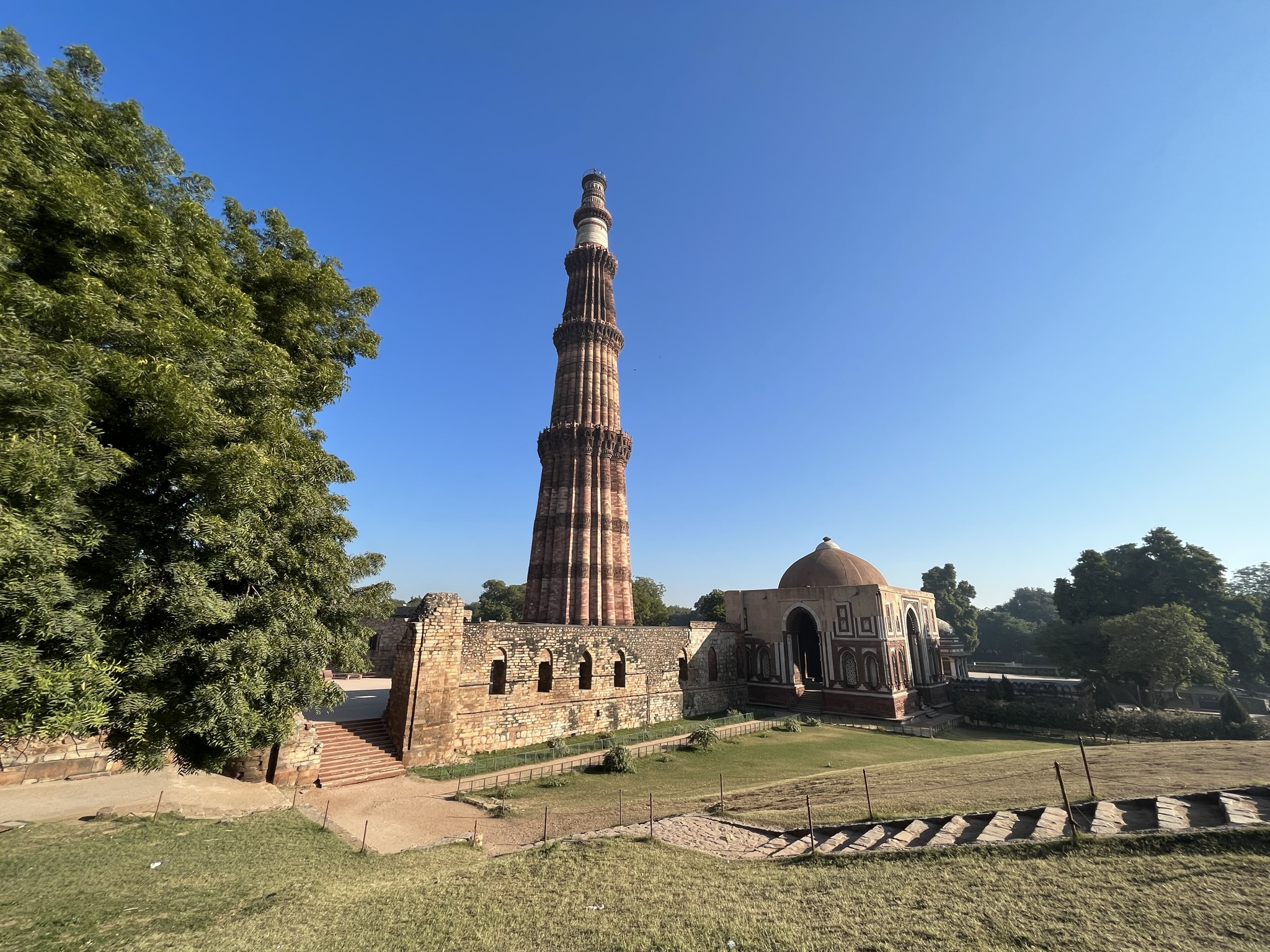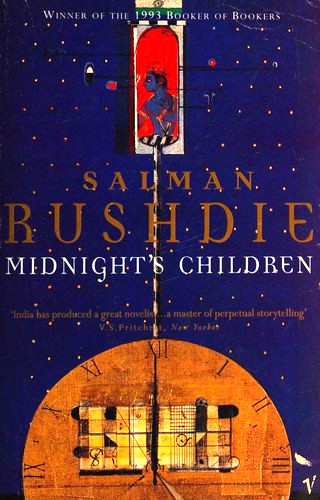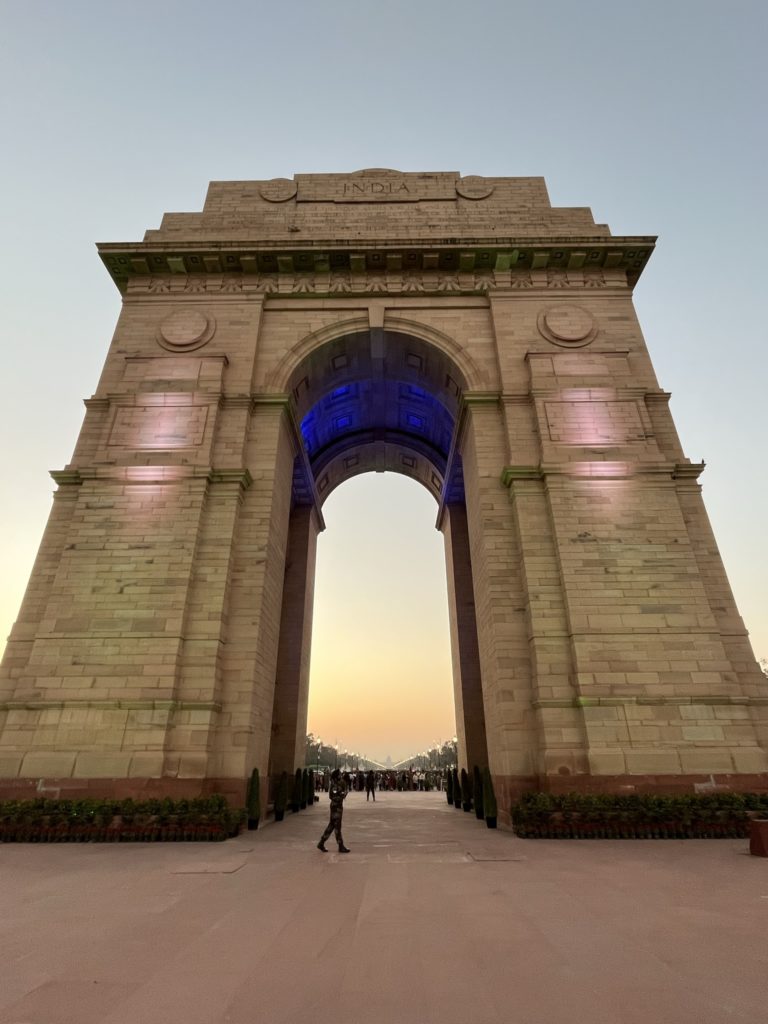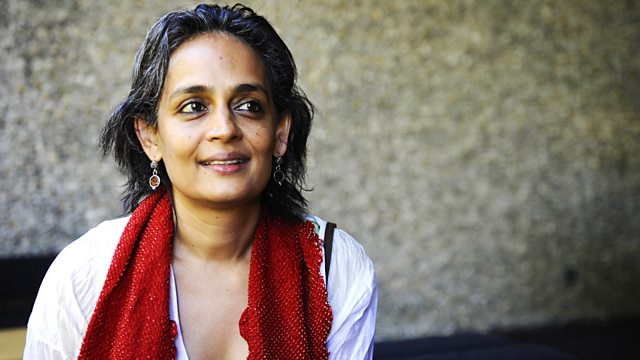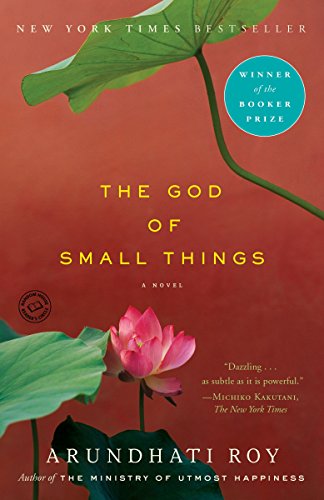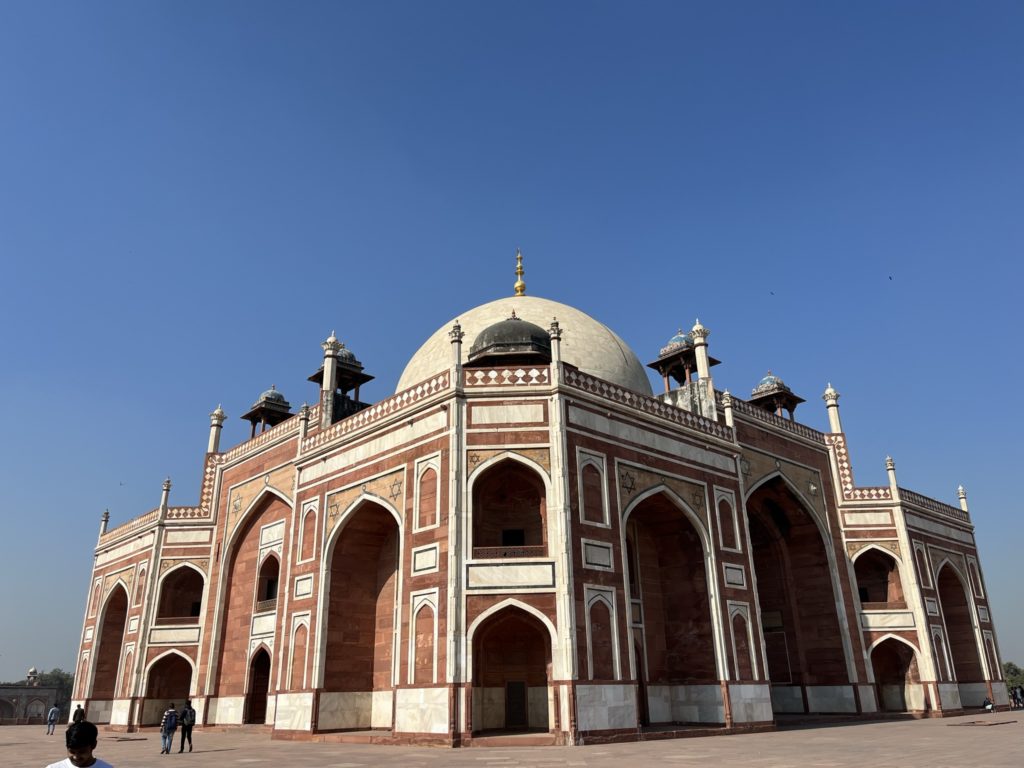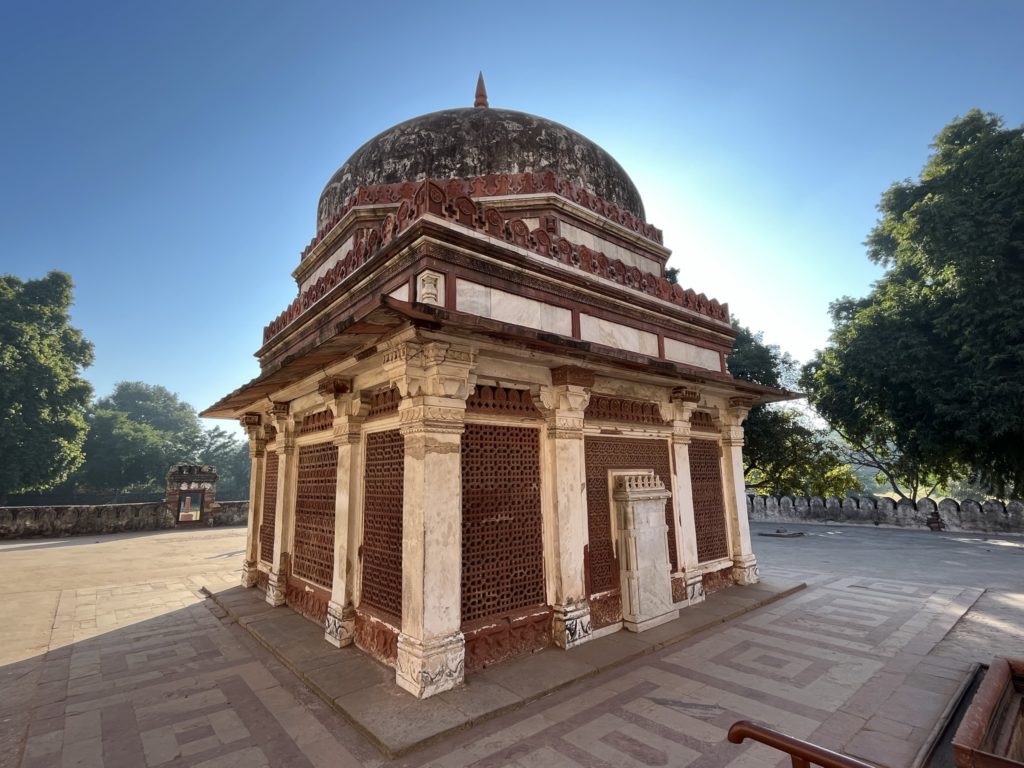My last visit to India was a treat. The December weather in Delhi was very pleasant, sometimes even cool in the morning or evening. Luckily, there was little pollution that week. After work, my Indian colleague introduced me to the delights of the local cuisine, taking me step by step up the spice ladder. I also found some time to revisit or discover some of the capital’s jewels, such as the Red Fort, the Jama Masjid, Humâyûn’s tomb or the Qutb Minar.
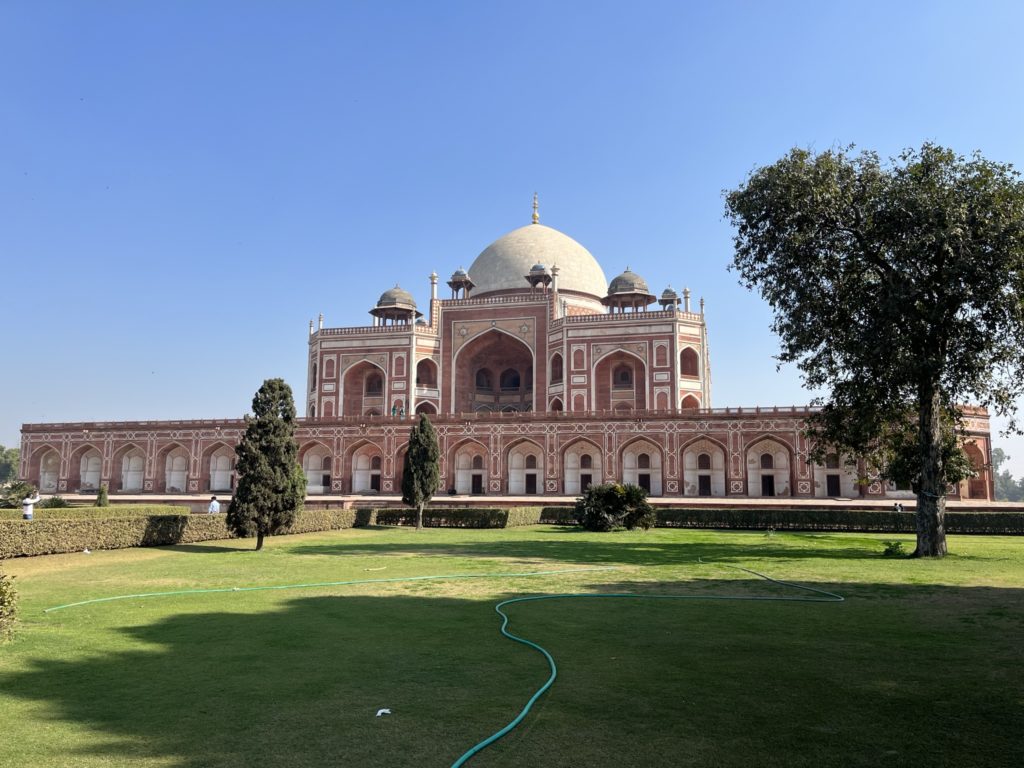
I also took advantage of the momentum of this visit to immerse myself in two emblematic novels of Indian literature. Both novels had been recommended to me by readers of my previous article on India. Both won the Booker Prize: Salman Rushdie won the prize in 1981 for “Midnight’s Children”, while Arundhati Roy won it in 1997 for “The God of Small Things“.
Salman Rushdie is famous for the fatwa issued against him by Ayatollah Khomeini in 1989 following the publication of “The Satanic Verses”. Over time, this death sentence, which threatened him around the world, was somewhat forgotten, but in August 2022, he was the victim of a knife attack that left him seriously wounded. While this fatwa catapulted him into the news, it was “Midnight’s Children” that established his literary reputation.
The novel’s hero, Saleem Sinai, was born at midnight exactly on August 15, 1947, just as India was gaining independence. This coincidence of fate gives him magical powers, as he can read everyone’s mind. Of course, in such a vast country, he’s not the only one to have been born at the stroke of midnight, when liberation from the colonial yoke was proclaimed. At the same time, other children were also born with certain unusual abilities. Saleem, using his gifts of telepathy, manages to bring them together in thought. Among these children are Shiva, who will become Saleem’s sworn enemy, but at the same time will turn out to be very close to him, and a girl, Parvati, whom he eventually marries.
Rushdie’s story also offers a vast fresco, painted from a critical and ironic point of view, of the history of modern India. From the family’s origins in Kashmir, the reader follows Saleem and his parents to Agra, Delhi and Bombay. With the partition of the country, the family ends up in Pakistan, while later, as a young adult, Saleem has to fight in the Sundarban jungle during the war that led to the separation of Bangladesh from the rest of Pakistan in the early 1970s. At the end of the novel, he arrives in Delhi during Indira Gandhi’s state of emergency (1975-1977). He witnesses the destruction of the slums surrounding the Jama Masjid Mosque, ordered by Indira’s son Sajay Gandhi.
Arundhati Roy’s novel is more intimate, but it also touches on themes that are shaping Indian society. The story centers on a family of Syrian Christians (or St. Thomas Christians) in Kerala. Rahel and Esthappen, a girl and a boy, are twins. Their mother Ammu left Calcutta and her abusive, alcoholic husband, and returned to live with her parents in Ayemenem, a small town where the family runs a preserve factory.
Just before Christmas, a visit by the twins’ cousin Sophie and her mother Margaret, the ex-wife of Ammu’s brother Chacko, who live in England is announced. Rahel and Estha, along with the whole family, prepare to welcome this unknown cousin as she arrives at the airport. The first contacts between the cousins are hesitant, but little by little, the twins agree to share with Sophie their games and their exploration of the riverbanks.
It was along the same river that Ammu met Velutha, an employee of the preserve factory who liked to play with her children. Velutha is a Dalit, of the lowest caste, and so his love affair with Ammu is socially forbidden.
One evening, Rahel, Estha and Sophie get into a boat and try to cross the river. But the river has swollen and the boat overturns. The twins manage to swim to shore, but their English cousin drowns.
When the police arrive, it’s Velutha who is denounced as responsible for Sophie’s death and beaten to death. The children and Ammu try to clear him with the police, but the Dalit who had the audacity to love across the caste barrier makes an ideal culprit.
